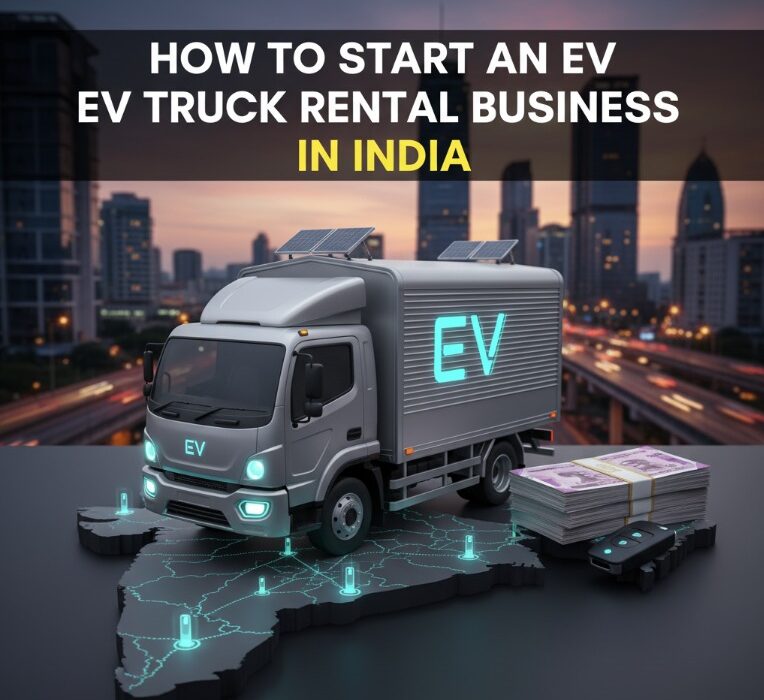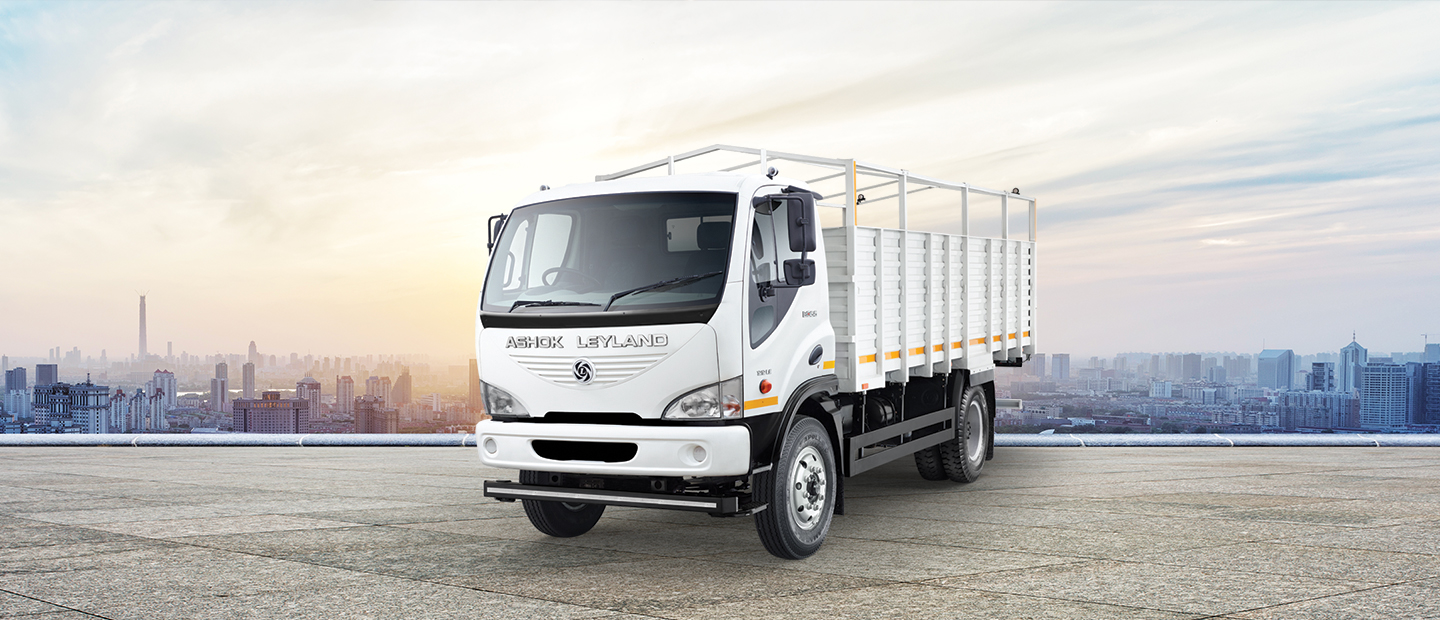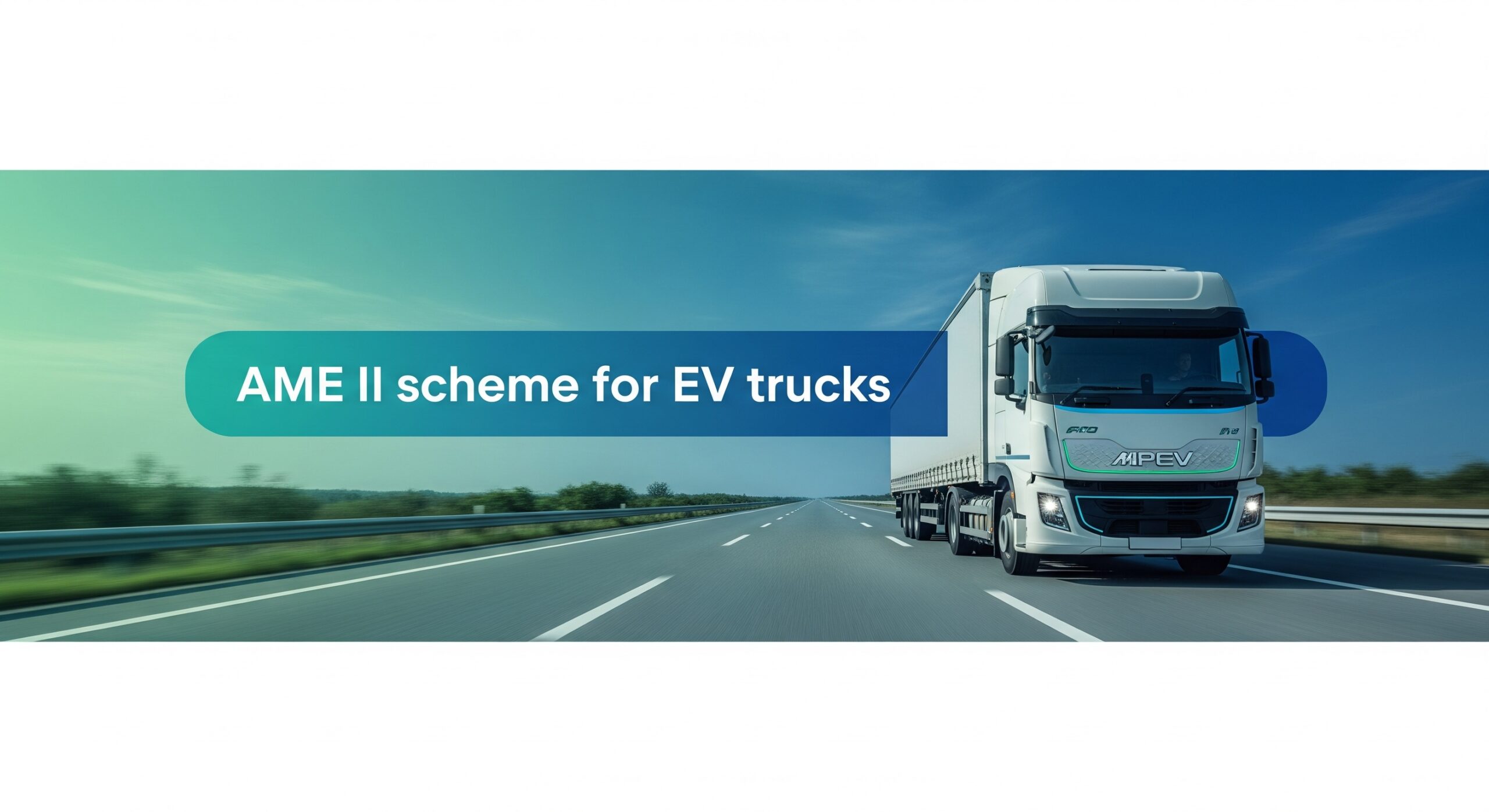The EV Truck Rental Business in India is fast emerging as a lucrative opportunity for entrepreneurs, logistics operators, and fleet owners. With the government pushing for electrification, rising fuel prices, and the logistics sector moving towards sustainable solutions, demand for electric truck rentals is growing in both urban deliveries and long-haul transport.
This detailed guide explains:
-
Why EV truck rental is a profitable business in India
-
Cost breakdown (with tables & real-world examples)
-
Loan vs EMI vs leasing options
-
Charger requirements & watt capacity
-
FAME II subsidy and state incentives
-
Legal requirements & documents needed
-
Revenue models & profitability analysis
Why EV Truck Rental is Profitable in 2025
-
Government Push for EV Adoption – India targets 30% EV penetration by 2030, making rental fleets a priority.
-
E-commerce Growth – Companies like Amazon, Flipkart, Blinkit, Zepto need electric trucks for cost-efficient delivery.
-
Low Running Cost – Diesel trucks cost ₹7–10/km, while EV trucks cost only ₹1.2–₹2/km.
-
High Utilization – Logistics companies prefer rental fleets over ownership to avoid capital investment.
-
Eco-friendly Image – Many corporates are adopting green fleets for ESG goals.
Step-by-Step Guide to Start an EV Truck Rental Business in India
Starting an EV truck rental business requires strategic planning. Here’s a breakdown:
Step 1 – Market Research
-
Identify your target clients: logistics firms, e-commerce companies, FMCG distributors, or agriculture transporters.
-
Analyze competitors: Are local transporters already offering EV rentals?
-
Check demand in your area: Metro cities (Delhi, Mumbai, Bangalore, Hyderabad) have higher EV adoption rates.
Step 2 – Choose Business Model
There are 3 common models in EV truck rental:
-
Daily/Weekly Rental Model – Truck rented per day (₹2,000–₹5,000/day).
-
Long-term Leasing – Contracts with logistics companies (3–5 years).
-
Pay-per-Km Model – Customer pays based on kilometers run.
Step 3 – Decide Fleet Size
Start small with 1–2 trucks, then expand as demand grows.
Cost Analysis of EV Truck Rental Business
Here’s a detailed cost estimation for setting up an EV truck rental business in 2025:
| Component | Estimated Cost (₹) | Details |
|---|---|---|
| EV Truck (Light Duty) | 15–20 lakh | Tata Ace EV, Mahindra Treo Zor |
| EV Truck (Medium Duty) | 20–25 lakh | Ashok Leyland Ecomet EV |
| EV Truck (Heavy Duty) | 30–45 lakh | Tata Ultra T.7 EV, Eicher Pro EV |
| Charging Station (30–60 kW) | 3–7 lakh | Required for fast turnaround |
| Battery Swapping Setup | 5–8 lakh | Optional, useful for high utilization |
| Parking/Depot Infrastructure | 2–5 lakh | Land, fencing, lighting |
| Insurance & Permits | 1–2 lakh | Vehicle + business insurance |
| Marketing & Admin Setup | 1–3 lakh | Branding, software, accounting |
| Total Investment (1 Truck) | 22–30 lakh | With charger setup |
👉 For a fleet of 5 trucks, expect ₹1–1.5 crore investment.
Loan, EMI & Leasing Options
Since upfront investment is high, most entrepreneurs opt for loan or leasing.
Option 1 – Bank Loan (with FAME II Subsidy)
-
EV truck price: ₹20 lakh
-
Subsidy: ₹5 lakh (FAME II)
-
Loan amount: ₹15 lakh
-
Interest: 8% (5 years)
-
EMI: ~₹30,500 per month
Option 2 – NBFC/Private Financing
-
Faster approval but slightly higher interest (9–12%).
-
Ideal if banks demand more collateral.
Option 3 – Leasing
-
Instead of buying, lease trucks from OEMs (Tata, Eicher, Ashok Leyland offer fleet leasing).
-
Lower upfront cost, but long-term expense is higher.
Charging Requirements & Watt Capacity
Charging is the backbone of EV truck rental business.
-
Light trucks (2–4 ton): Require 30–60 kW DC charger.
-
Medium trucks (5–10 ton): Require 60–120 kW DC charger.
-
Heavy trucks (10+ ton): Require 150 kW+ charging setup.
⚡ Example: A Tata Ultra T.7 EV (438 kWh battery) can be charged in 90 minutes with a 120 kW DC fast charger.
FAME II Subsidy & State Incentives
-
Central Subsidy (FAME II): ₹10,000/kWh, up to 40% of vehicle cost.
-
State Incentives (extra):
-
Delhi: Up to ₹1.5 lakh + road tax exemption.
-
Maharashtra: Up to ₹1 lakh + scrappage incentive.
-
Gujarat: Up to ₹1.5 lakh subsidy.
-
Telangana: 100% exemption on registration fees.
-
👉 Combining FAME II + State schemes, you can save ₹6–8 lakh per truck.
Legal Requirements & Documents Needed
To operate legally, you need the following:
-
Business Registration: MSME/Udyam or Pvt Ltd.
-
Commercial Vehicle Registration (RC).
-
Goods Transport License.
-
Commercial Insurance (Third-party + comprehensive).
-
GST Registration (for invoicing).
-
Electricity Board NOC (for charger installation).
-
Bank loan documents (if financed).
Revenue Model & Profitability
Earnings from One EV Truck (per month):
-
Rental Income: ₹60,000–₹90,000 (depending on usage).
-
Operating Cost (charging, driver, maintenance): ~₹20,000–₹25,000.
-
Net Profit (per truck): ₹35,000–₹60,000/month.
ROI Timeline:
-
Breakeven: 2–3 years for small fleet.
-
Bigger Fleets: 5+ trucks give faster ROI due to economies of scale.
Growth Potential of EV Truck Rental Business
-
2025–2030: India will see over 1 million EV trucks on roads.
-
Battery Swapping & Solar Charging will reduce costs further.
-
Corporate tie-ups (Amazon, Flipkart, DHL) will boost demand.
-
Hydrogen-Electric Hybrids may enter heavy trucking, but EV rental will dominate urban logistics.
FAQs on EV Truck Rental Business in India
Q1. How much money is required to start an EV truck rental business?
👉 Around ₹25–30 lakh for 1 truck setup. For 5 trucks, around ₹1–1.5 crore.
Q2. Can I take a loan or EMI?
👉 Yes, banks and NBFCs offer EV truck loans at 7–10% interest. EMI ~₹30,000/month after subsidy.
Q3. Do I need my own charging station?
👉 Not mandatory, but highly recommended for faster turnaround and more profit.
Q4. What subsidy is available under FAME 2?
👉 ₹10,000/kWh up to 40% of truck cost, plus state subsidies.
Q5. How profitable is EV truck rental?
👉 Each truck can earn ₹35,000–₹60,000 net monthly. ROI in 2–3 years.
Final Words
The EV Truck Rental Business in India is a future-proof, high-demand, and profitable venture in 2025. With government subsidies, falling EV costs, and increasing logistics demand, entrepreneurs can build a sustainable and long-term business.
By starting with a small fleet, using financing or leasing, setting up charging infrastructure, and securing contracts with logistics companies, you can establish a profitable EV rental business and expand rapidly.







